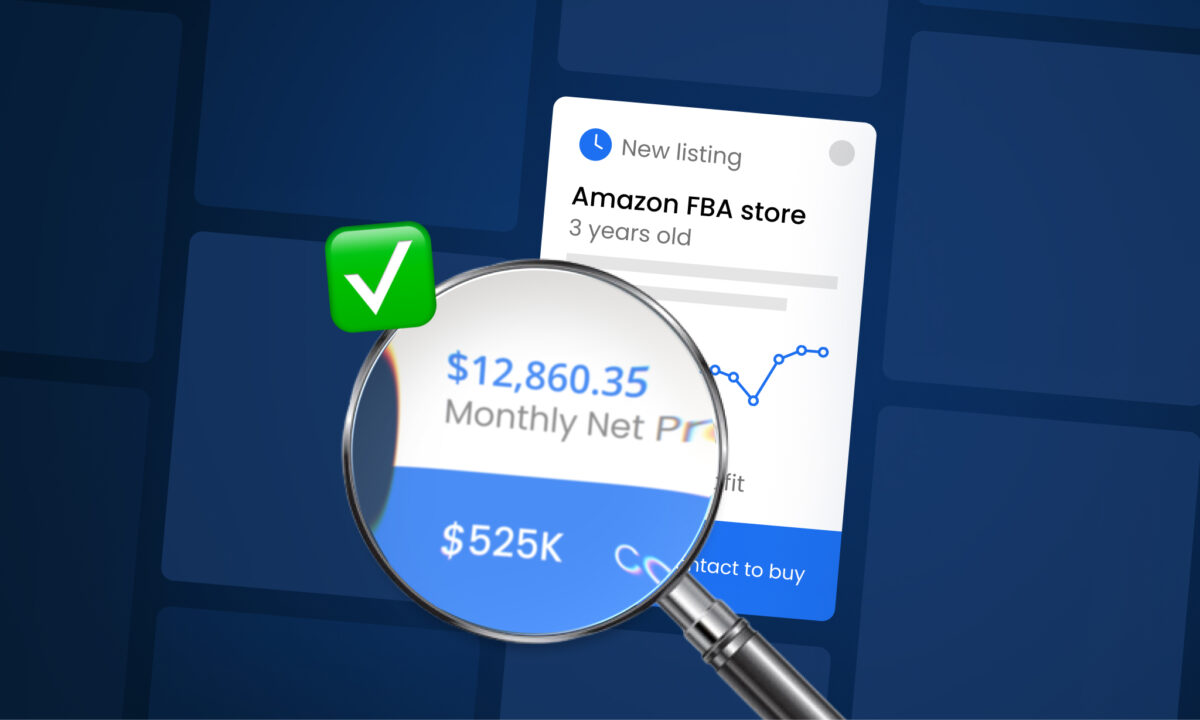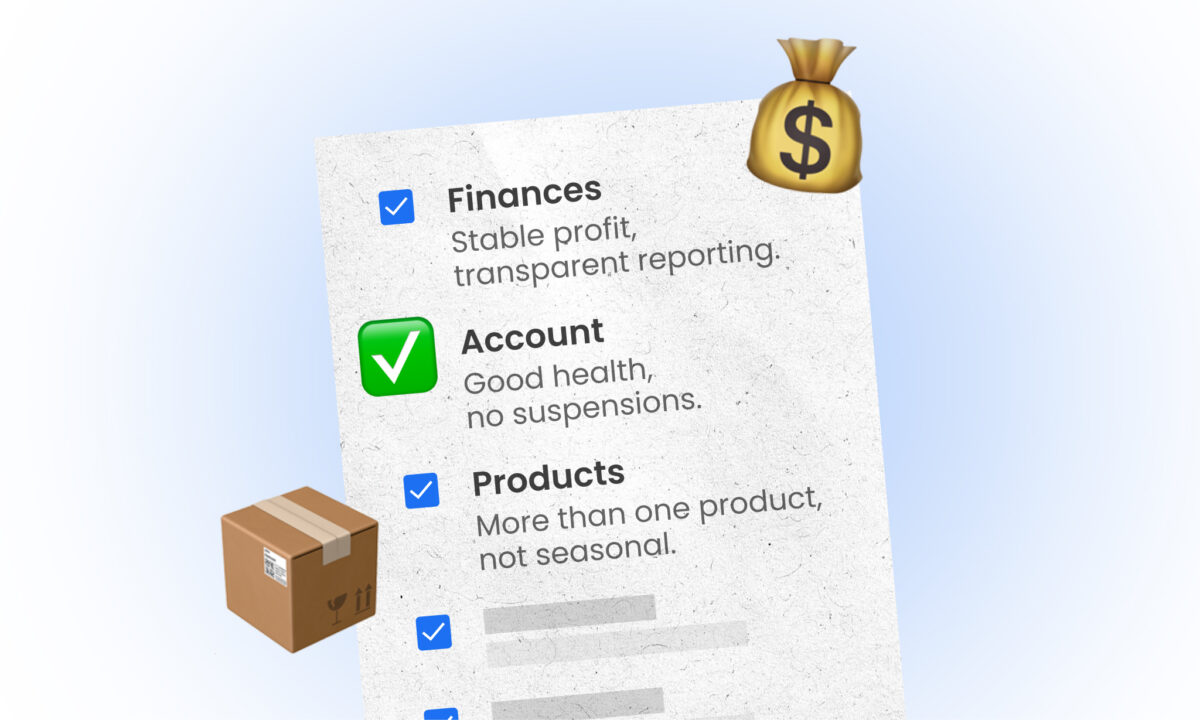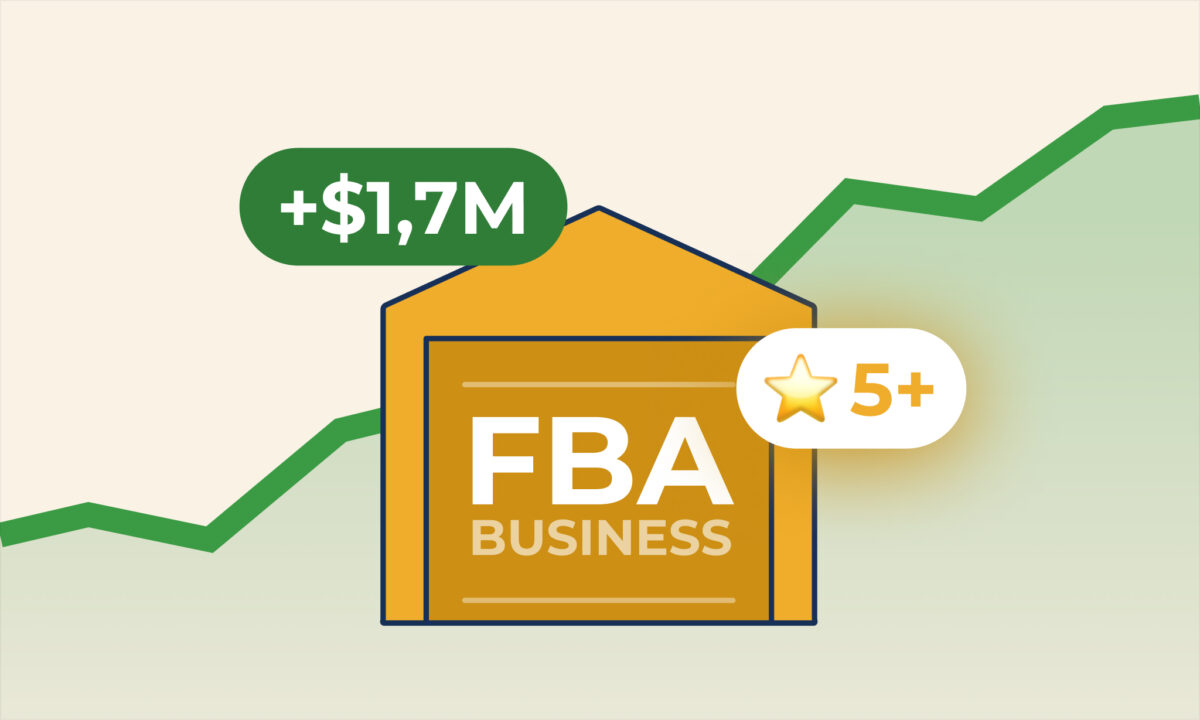Buying an Amazon FBA business can be an exciting opportunity, but evaluating a business before purchasing requires careful consideration of various factors. While every buyer has unique goals, understanding key metrics and risks can help in making an informed decision. Below, we outline some important aspects to review when assessing an FBA business listing.
1. Financial Performance
A strong financial foundation is crucial for any business acquisition. When reviewing an Amazon FBA business, consider:
- Revenue and Profit Margins: Analyze monthly and yearly trends to understand financial stability.
- Operating Expenses: Factor in costs like Amazon fees, advertising, storage, and fulfillment.
- Net Profit: valuate how much income remains after all expenses are deducted.
- Seasonality Trends: Determine if sales fluctuate based on seasons, promotions, or external factors.
2. Sales Performance and Growth Potential
- Product Performance: Identify the best-selling SKUs and their contribution to overall revenue.
- Sales History: Review at least 12-24 months of data to detect trends.
- Market Competition: Analyze competing brands and potential growth opportunities in the niche.
- Customer Reviews and Ratings: Strong product ratings indicate a loyal customer base and sustainable demand.
3. Supply Chain and Inventory Management
- Supplier Relationships: Check whether supplier agreements are in place and if the terms are transferable.
- Lead Times and Stock Levels: Understand order fulfillment times and how inventory is managed.
- Storage Costs: Assess the impact of FBA storage fees, especially for businesses with high stock volumes.
4. Operational Complexity
- Number of SKUs: A business with too many SKUs may require more management effort.
- Automation and Processes: Look at whether standard operating procedures (SOPs) are in place for smooth operations.
- Employee or Virtual Assistant (VA) Involvement: Determine if the business requires additional staff to run efficiently.
5. Advertising and Marketing Strategies
- PPC Campaigns: Review the effectiveness of Amazon PPC campaigns and ad spend.
- Organic Traffic vs. Paid Traffic: valuate how much traffic is generated through organic search and brand presence.
- External Marketing Channels: Some FBA businesses use email marketing, social media, or influencers—factor in their effectiveness.
6. Amazon Account Health and Policies
- Account Standing: Check if the business complies with Amazon’s policies and has no restrictions.
- Policy Violations and Performance Metrics: Review account health metrics such as Order Defect Rate and Late Shipment Rate.
- Intellectual Property Rights: Ensure there are no trademark or copyright disputes.
7. Transition Plan and Post-Sale Support
- Handover Period: Some sellers offer post-sale training and assistance to ensure a smooth transition.
- Operational Documentation: Well-documented business processes make it easier to manage after purchase.
- Existing Staff or VAs: Determine if they will stay post-sale or if you need to hire replacements.
Final Thoughts
Evaluating an Amazon FBA business involves assessing its financials, operational structure, market position, and risks. A thorough review helps ensure that the investment aligns with your expectations and long-term business goals.
Disclaimer: Exit.io is a marketplace that connects buyers and sellers of Amazon businesses. This article is for informational purposes only and does not constitute financial or business advice. Buyers should conduct their own due diligence before making any investment decisions.








